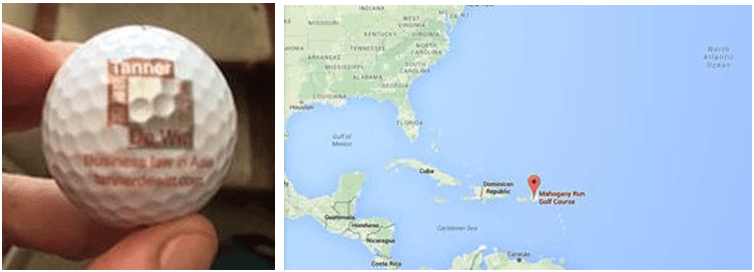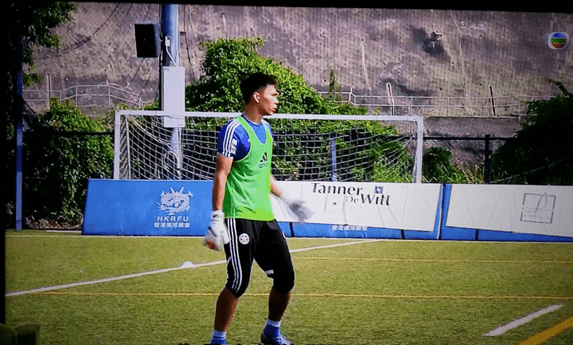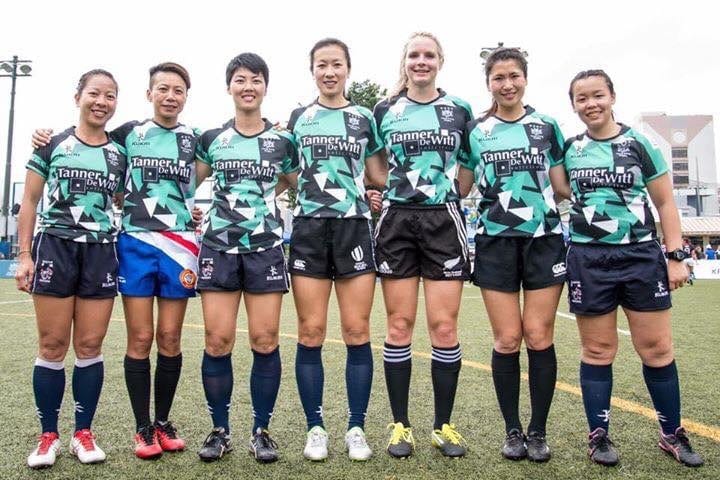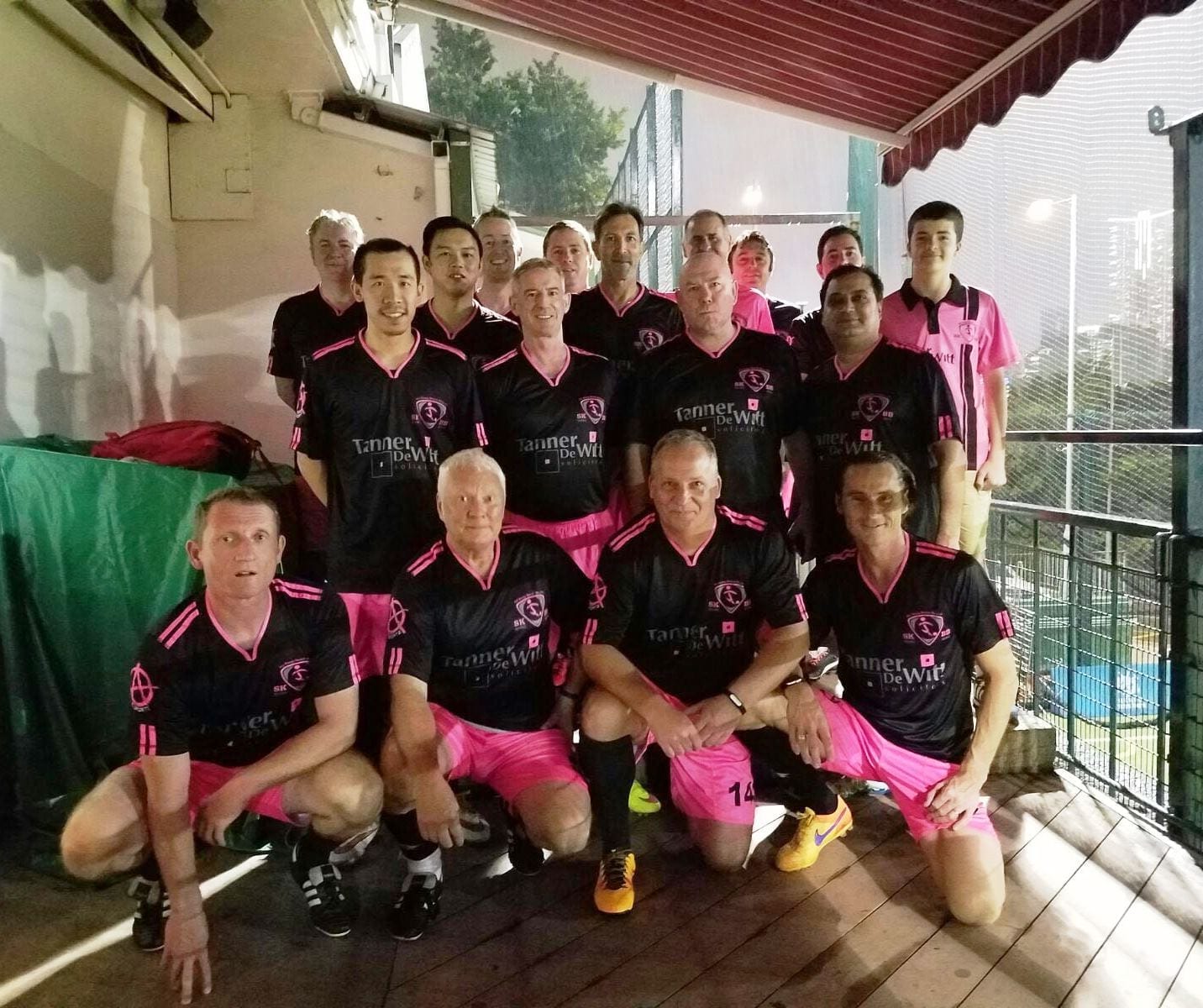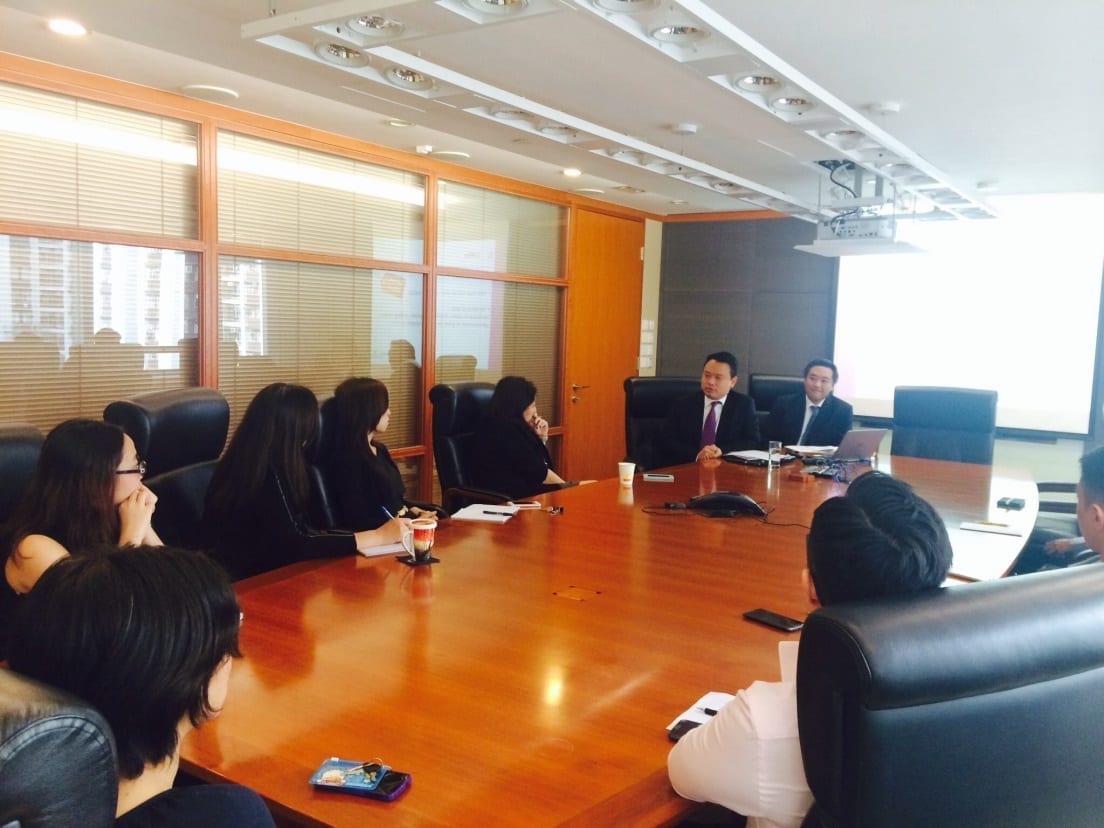Legal Representative
Each company established in China, whether domestic or foreign-owned, must have a legal representative who is the main principal of the company and has the authority to represent the company and enter into binding contracts or contractual obligations for and on behalf of the company in accordance with the law and articles of association of the company.
Candidates for the Legal Representative
A legal representative must be a natural person selected by the company from one of the following:
(1) the chairman of the company’s board;
(2) executive director; or
(3) the general manager of the company.
There are no residence or citizenship requirements for the legal representative but the personal details of the legal representative must be registered with the relevant company registration authorities in China and his name will also be printed on the company’s business license.
Powers and Liabilities of the Legal Representative
The PRC company law does not clearly define the powers of a legal representative. However, a legal representative generally has the powers to operate the company and manage its business in accordance with the laws and its articles of association. Such powers include executing power of attorney for and on the company’s behalf and executing any legal transaction or documents for and on behalf of the company. The company can restrict the powers of its legal representative in its articles of association.
A legal representative has a higher standard of care and duty under PRC law and can be liable for wrongful acts both of the company and himself. The liabilities of a legal representative can be divided into civil liability, administrative liability and criminal liability.
Civil Liability: Since the legal representative usually represents the company, his duty-related behaviors in many cases shall be regarded as the activities of the company. The respective civil liabilities therefrom shall normally be borne by the company. However, the company can claim damages from the legal representative if the legal representative acts exceeding his authority or is negligent.
Administrative Liability: If a company breaches laws and regulations, its legal representative may be subject to fines and administrative punishment from the PRC government in addition to the punishment received by the company.
Criminal Liability: The PRC criminal law imposes criminal liability on both the company and the persons who are in charge of or responsible for the crime of company. As the main principal of the company, the legal representative will face the risk of being pursued for criminal liability for the crime conducted by the company if he participates in or is responsible for the crime of the company.
Liabilities of the Company for unauthorized actions of the Legal Representative
The company is usually liable for any contracts and contractual obligations created by its legal representative even if he exceeds the scope of his authority unless it can be proved that the other party should reasonably know that such contracts or obligations exceed the authority of the legal representative. It is for the company to demonstrate that it has made reasonable efforts to notify the other party of the restriction over the legal representative’s authority, for example, by posting the articles of association of company to the other parties or on the company’s website. However, in practice, it is very rare for a company to disclose its articles of association to any third party.
Supervisor
Any company established in China after 1 January 2006 must have a supervisor or a board of supervisors depending on the size of the company. Shareholders and employee representatives of a company can be selected as supervisors. No directors or senior managers of a company can serve as supervisors of that company. If the company is large and has a board of supervisors, the number of employee representative supervisors shall be no less than one-third of the total number of supervisors.
The main role of a supervisor is to safeguard and supervise the smooth and lawful operation of the company. The law gives him various rights including but not limited to the rights to:
1. inspect the company’s financial documents;
2. supervise directors and senior managers;
3. recommend the dismissal of directors or senior managers who breach laws or internal rules of the company;
4. propose interim shareholders’ meetings;
5. make proposals in shareholders’ meetings; and
6. initiate legal action against directors and senior managers for and on behalf of the company.
Company Chops
A company in China may have a number of chops. Different chops have different purposes and are used on different types of documents.
The most commonly used company chops include:
Company Seal
In China, a company must have a company seal which will usually be in the custody of the legal representative. The company seal must contain the registered name of the company and be approved by the Public Security Bureau. The company seal has the highest legal effect among all company chops and can replace other chops. Important corporate documents and contracts will require the company seal be affixed on that together with the legal representative’s signature.
Financial Chop
A company may have a financial chop which is only used for issuing company cheques and other finance-related documents. Banks may require a company to provide its financial chop when opening a bank account or filing documents to banks.
Contract Chop
Many companies will also have a separate contract chop for signing contracts. While a contract chop is not a statutory requirement, it has equivalent legal effect to company seal when used on contracts.
In China, company chops are important assets of a company and should be kept in hands of trusted persons. It is not recommended to have all company chops in the possession of one person who is also the signatory for all of them unless he is the owner of the company.
River Stone
Solicitor | Email
Disclaimer: This publication is general in nature and is not intended to constitute legal advice. You should seek professional advice before taking any action in relation to the matters dealt with in this publication.
The post Legal Representative, Supervisor and Company Chops – an introduction to their roles under PRC law and practice appeared first on Tanner De Witt Solicitors, Law Firm Hong Kong.







